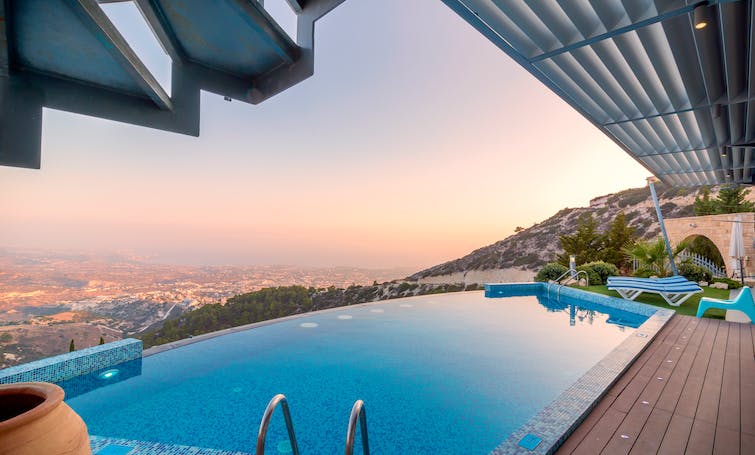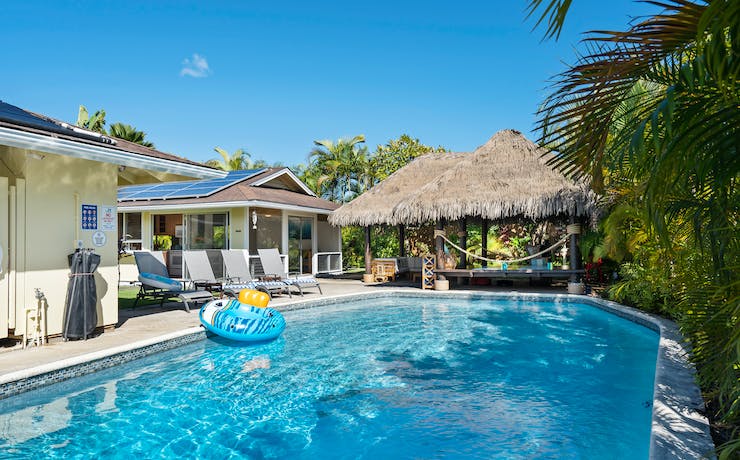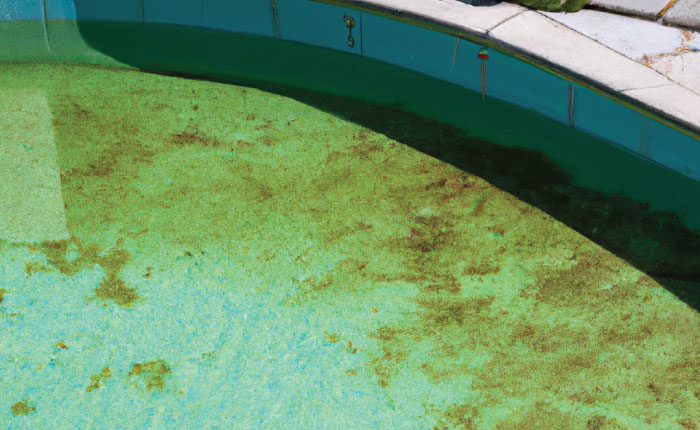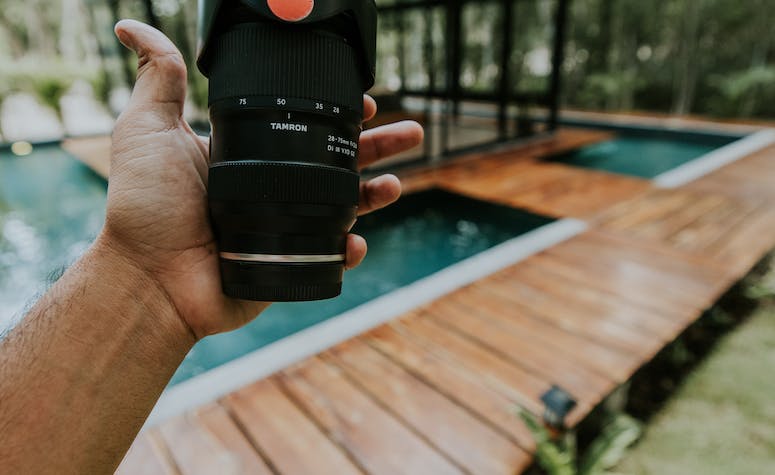
Ideal Pool Temperature: Find Your Perfect Swim Setting
What's a good pool temperature? Discover the ideal water temperature for comfort and health, ensuring a perfect swim every time in your pool.
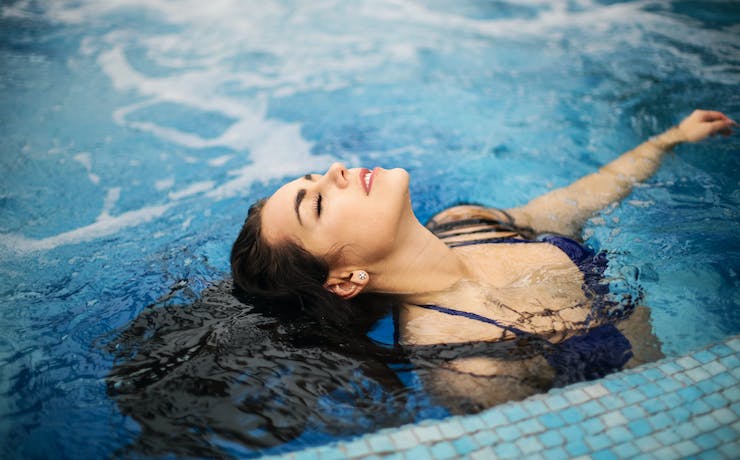
Determining what is a good pool temperature can be a subtle art, balancing personal comfort, health considerations, and practicality. A swimming pool is not just a place for exercise; it's also a sanctuary for relaxation and family fun. However, the enjoyment derived from a pool is heavily influenced by its water temperature. Too cold, and it's uninviting; too warm, and it loses its refreshing quality. In this article, we delve into what constitutes a good pool temperature, taking into account various factors like usage, season, individual preferences and effects on a swimmer.
The concept of an ideal pool temperature isn't one-size-fits-all. It varies based on the pool's purpose – whether it's for lap swimming, leisure, or therapeutic purposes. Moreover, external factors like climate and season play a significant role in determining the right temperature. Understanding these nuances helps in creating an optimal aquatic environment for all users.
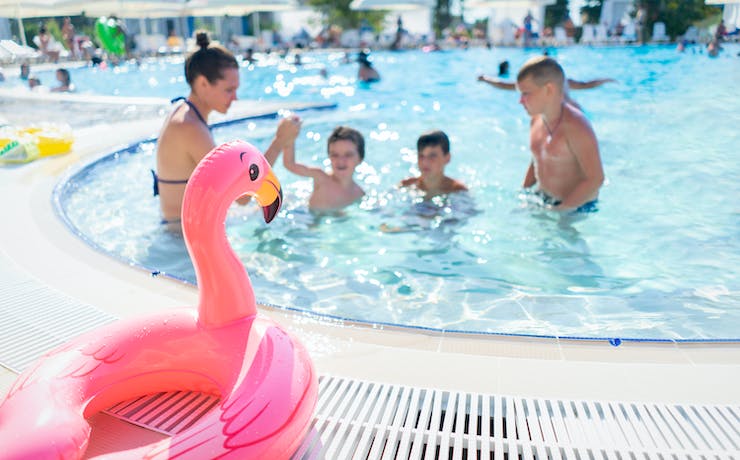
What is a Good Pool Temperature?
Finding the Right Balance for Comfort and Health
So, what is considered a good pool temperature? Generally, a comfortable swimming pool temperature ranges from 78°F to 82°F (25°C to 28°C). This range is often recommended by experts for recreational swimming. However, the ideal temperature can vary depending on the pool's usage:
- Lap Swimming and Training: For more rigorous swimming or training, a slightly cooler temperature, typically around 78°F, is preferred. It keeps the body from overheating during vigorous activity.
- Leisure and Family Use: For casual swimming, a warmer temperature closer to 82°F is often more comfortable, especially for children and elderly swimmers.
- Therapeutic Use: For pools used for therapy and rehabilitation, warmer temperatures, around 86°F to 88°F, help relax muscles and increase flexibility.
Factors Influencing Ideal Pool Temperature
Considering External and Personal Factors
- Climate and Season: The external temperature and season significantly impact your pool's water temperature. In warmer climates or during summer, cooler water can be more refreshing.
- Swimmer Preferences: Individual preferences play a crucial role. Some swimmers prefer cooler temperatures, while others lean towards warmer water.
- Health and Safety Considerations: It's important to maintain a temperature that is safe for all users. Excessively warm pool water can lead to overheating and dehydration, especially during intense exercise.
We spoke with an expert at Desert Mountain Pool Service, and they highlighted, "The perfect pool temperature depends on the pool's usage - for leisure swimming, warmer temperatures are preferred, but for exercise or training, slightly cooler water can be more refreshing and invigorating."
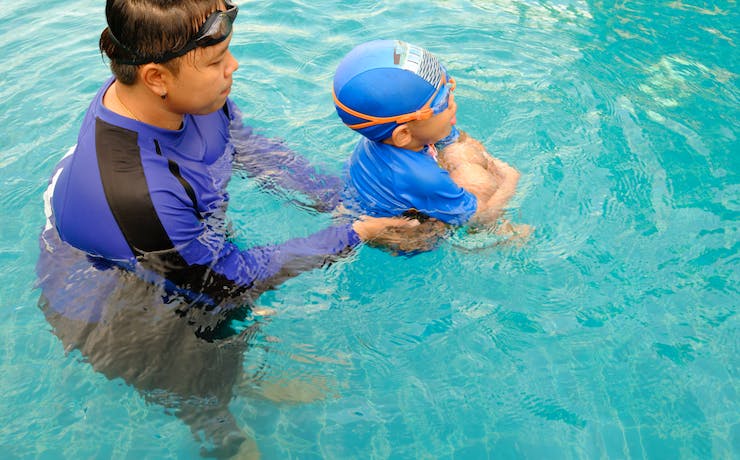
Energy Efficiency and Pool Temperature
Balancing Comfort with Sustainability
Maintaining a good pool temperature isn't just about comfort; it's also about energy efficiency. Heating a pool to higher temperatures can significantly increase energy consumption and costs. It's essential to find a balance between comfort and environmental impact. Using pool covers, especially at night, can help maintain the temperature and reduce heating costs.
The Role of Pool Heaters
Achieving and Maintaining Desired Temperatures
For those in cooler climates or looking to extend their swimming season, pool heaters are invaluable. They allow precise control over the water temperature, ensuring that the pool remains at a comfortable level regardless of external conditions.
Talking again with the team at Desert Mountain Pool Service in Phoenix, we discussed the role of pool heaters in maintaining ideal pool temperatures. They advised, "A good pool heater is key for year-round swimming comfort, allowing precise temperature control to suit different activities, whether it's relaxation or lap swimming, regardless of the season."
Monitoring and Adjusting Pool Temperature
Tools and Techniques for Optimal Control
Regularly monitoring your pool temperature is crucial. Digital thermometers and automated pool management systems can provide accurate readings and maintain the desired temperature, making adjustments as necessary based on usage and weather conditions.
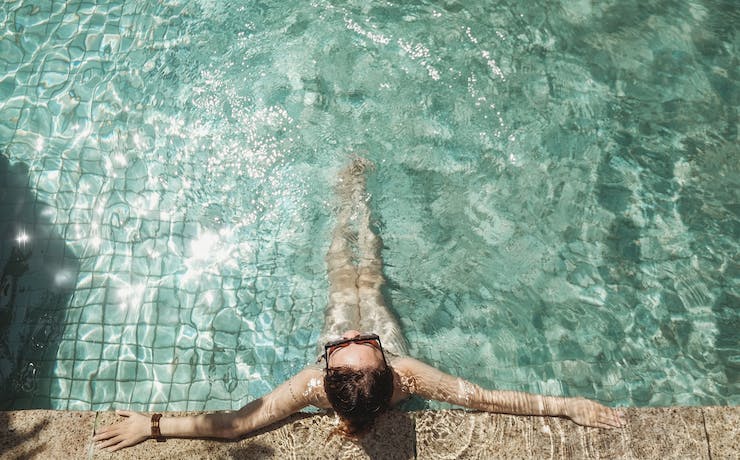
Health Benefits of Optimal Pool Temperature
Enhancing the Swimming Experience
Swimming in water at the right temperature offers numerous health benefits, including improved circulation, muscle relaxation, and stress reduction. Especially for therapeutic pools, maintaining the correct temperature is essential for maximizing these benefits.
Conclusion
The ideal pool temperature varies based on a variety of factors, including the purpose of the pool, climatic conditions, and personal preferences. While the general recommended range is between 78°F to 82°F, fine-tuning this based on specific needs and situations is key to ensuring a comfortable and enjoyable swimming experience. Balancing comfort, health considerations, and energy efficiency is crucial for maintaining an ideal pool environment. Regular monitoring and adjustments, along with the use of efficient heating systems, can help in achieving the perfect swim setting for every pool.

